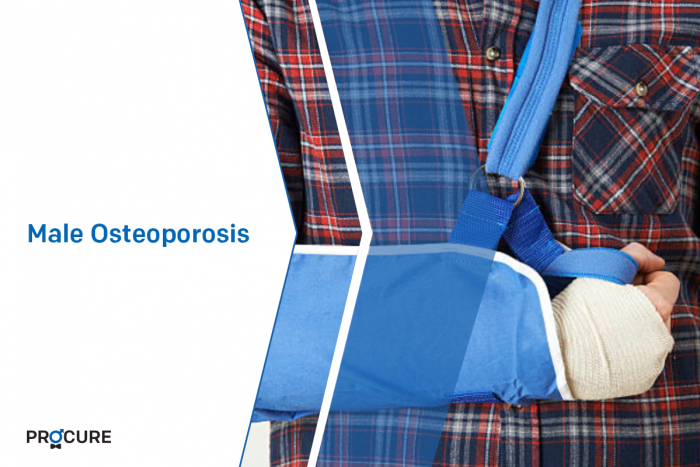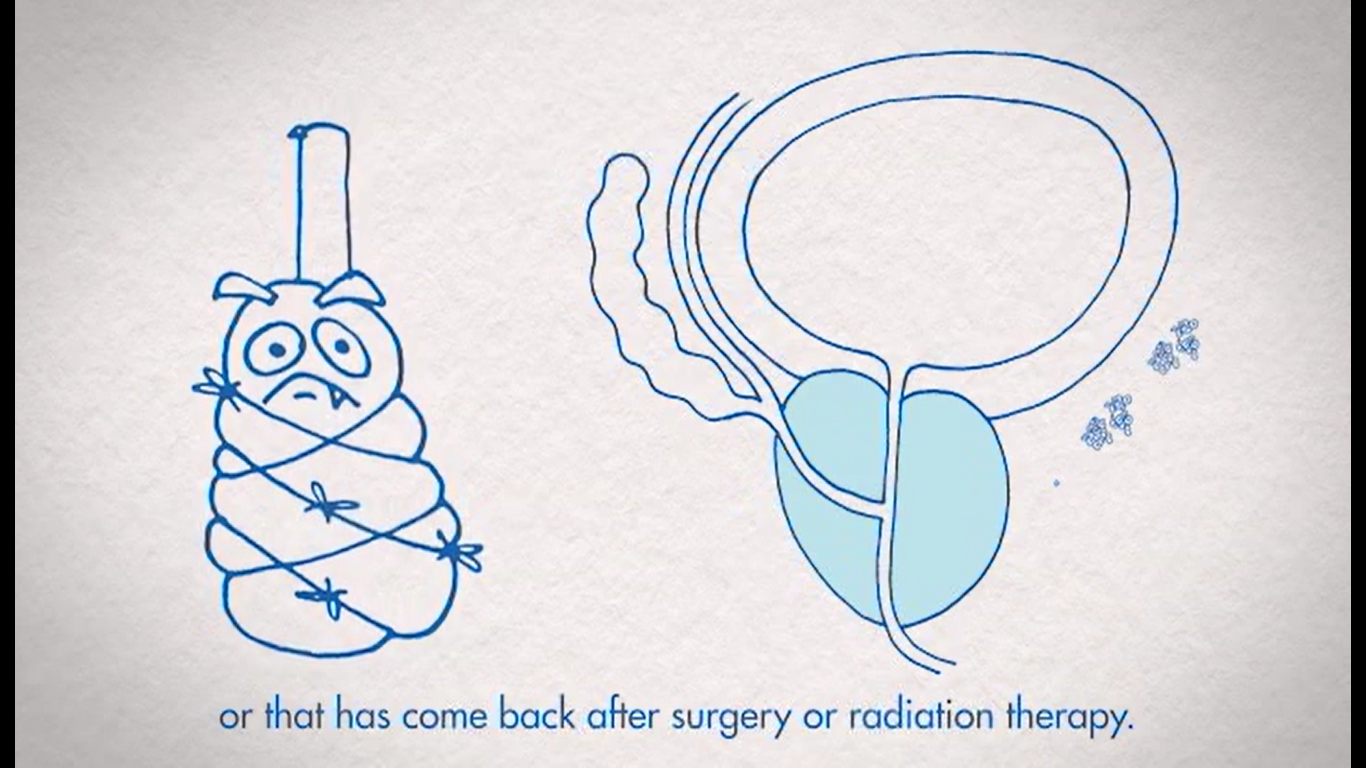Nicknamed “the silent thief” due to the absence of symptoms, osteoporosis is often only detected at a later stage following a fracture. Male Osteoporosis is an article co-authored by two experts – a dietitian and a doctor-researcher – to make you aware of the role that the health of your bones and muscles plays in your well-being!
By Roxanne Bennett, DtP MScA and Suzanne Morin, M.D. MSc.
Bone Health: A priority for all
Your bones are essential to your health because they give you support, anchorage, protection, and mobility in addition to serving as a mineral store. Although they may seem static to you, your bones are dynamic tissues that are constantly renewing themselves. Did you know?
Osteoporosis … for men
Although male bone health is less often discussed, men experience about a third of osteoporosis-related fractures globally. In addition, the fracture caused by osteoporosis in men has more serious consequences than in women. These fractures can have serious consequences on health and quality of life, including loss of mobility and autonomy. Called “fragility fractures”, they can occur as a result of mild trauma (e.g. minor fall) or in trivial situations (e.g. coughing, lifting a heavy object).
In men, the most common fragility fractures occur in the hip, spine, and shoulder. Since the weakening of the bone is gradual, it is essential to intervene early. Therefore, preventive screening is the key to success in preventing osteoporosis and fractures.
What about your risks?
It is recommended that all adults be screened for osteoporosis starting at age 65. However, some people will be assessed earlier for the presence of certain risk factors, such as a family history of a fracture or prolonged use of certain medications (e.g. glucocorticoids such as prednisone or hormone therapy as part of the treatment of prostate cancer).
Osteoporosis and prostate cancer
Preserving bone health in men with prostate cancer is an important, but often an overlooked component of treatment. This is because certain types of prostate cancer have been linked to low bone density at diagnosis. In addition, several treatments, including hormone therapy (e.g. Lupron, Eligard, Zoladex) and corticosteroids (e.g. dexamethasone, prednisone or cortisone) can accelerate bone loss. Men with prostate cancer are therefore often at risk for osteoporosis and fractures. If you are on hormone therapy, it is important to discuss your bone health with your doctor in order to incorporate a bone protection component into your personalized treatment plan.
Osteoporosis screening
After asking you some targeted questions about your medical history and family history, your healthcare professional will ask you to take a radiology test, called bone densitometry, to measure the strength of your bones. During this painless and safe test, you will be lying on an examination bed while a small x-ray detector takes pictures of your bones. While the bone mineral density test provides insight into the strength of your bones, it doesn’t always match your actual risk of fracture.
This is because, especially in men, bone density tests do not always adequately reflect bone weakness associated with changes in the structure inside the bones. Therefore, 10-year fracture risk calculator tools have been designed to help the healthcare professional determine your fracture risk and suggest appropriate treatments. These tools are primarily intended for use by healthcare professionals but are available to the public for informational purposes. To familiarize yourself with this calculation, here is the FRAX tool.
Next article in this upcoming series: How to take care of your bones: From prevention to treatment
Discover our new animated videos
Discover three new animated videos, each equally unique and original from one to the other. Be on the lookout!
Here is the third one – The role of hormone therapy
Take the time to visit each of our pages on this website, as well as our YouTube channel, in order to get familiar with the disease with our expert lectures, our section on available resources, the support that is offered to you.
Do you have any questions or concerns? Above all, do not hesitate. Contact us at 1 855 899-2873 to discuss with a nurse specializing in uro-oncology. It’s simple and free, like all our services.
Pages that might interest you
Want to know more? Just click on one of the links below.
Life after cancer
Managing side effects
The latest PROCURE news that might interest you
Every week we publish a blog article. Here are some for you.
Men’s Health – 10 common mistakes men make
6 tips to keep your prostate healthy
What exactly is andropause?
Adapted by PROCURE. © All rights reserved – 2021



 ADDITIONAL RESOURCES
ADDITIONAL RESOURCES


